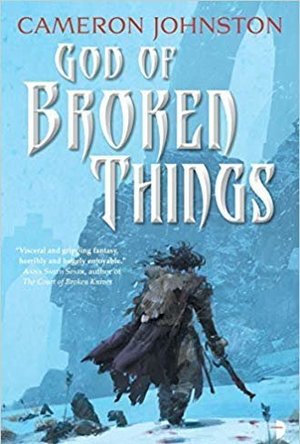
God of Broken Things
Book
An outcast magician must risk his body and mind to save the world from horrifying demons, in the...
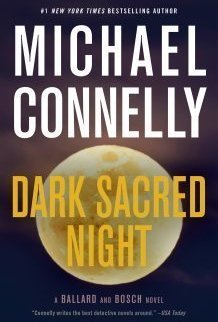
Dark Sacred Night
Book
LAPD Detective Renée Ballard teams up with Harry Bosch in the new thriller from #1 NYT bestselling...
crime fiction series thriller harry bosch renee ballard
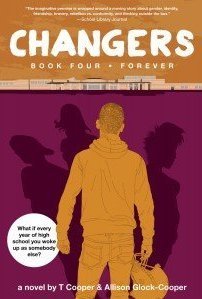
Forever (Changers #4)
T. Cooper and Allison Glock-Cooper
Book
When we left Kim Cruz in Changers Book Three, she'd just come out to her best friend. In Changers...
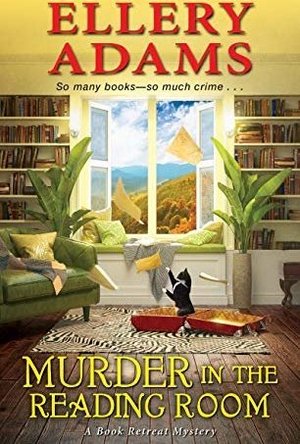
Murder in the Reading Room
Book
Storyton Hall, Virginia, is a paradise for book lovers who come from all over for literary getaways....
ellery adams mystery romance thriller cozy

What You Did (Eva Rae Thomas Mystery Book 2)
Book
Former FBI-profiler, Eva Rae Thomas, faces the most personal case in her career, as bestselling...
romance mystery police procedural Willow Rose series thriller

Isla Emerged
Book
Anger. Betrayal. Exile. Isla always knew she would be queen. One day. But after the death of her...
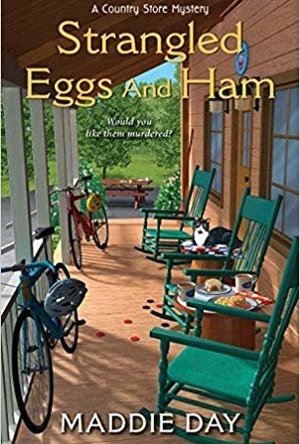
Strangled Eggs and Ham
Book
Robbie Jordan’s rustic country store is growing in popularity. But when a dead body appears, it...
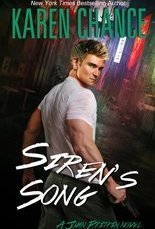
Siren's Song (A John Pritkin Novel)
Book
War mages are the magical equivalent of tanks: tough, powerful, and deadly. They have to be, in...
urban fantasy
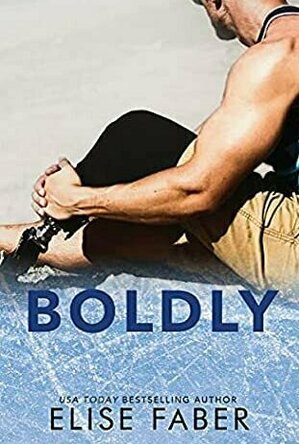
Boldly (Breakers Hockey #2)
Book
One second, he had everything. The next, it was torn away. Oliver James was at the peak of his...
Contemporary Sports Romance
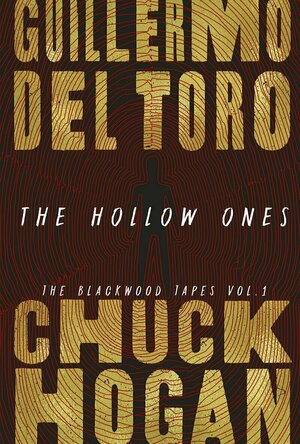
The Hollow Ones: the Blackwood Tapes Vol. 1
Guillermo del Toro and Chuck Hogan
Book
Odessa Hardwicke's life is derailed when she's forced to turn her gun on her partner, Walt Leppo, a...